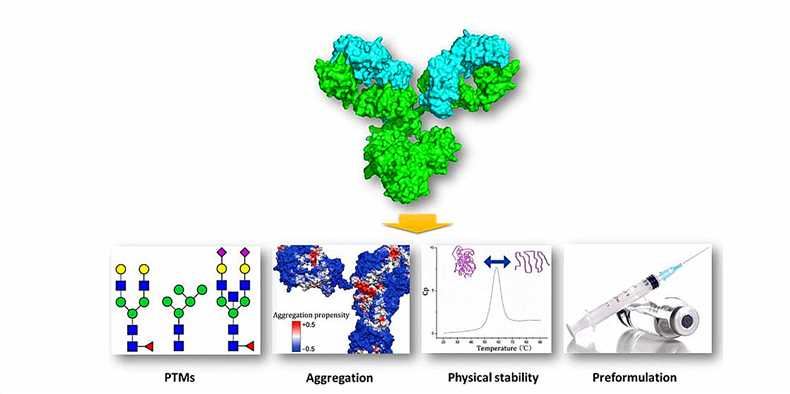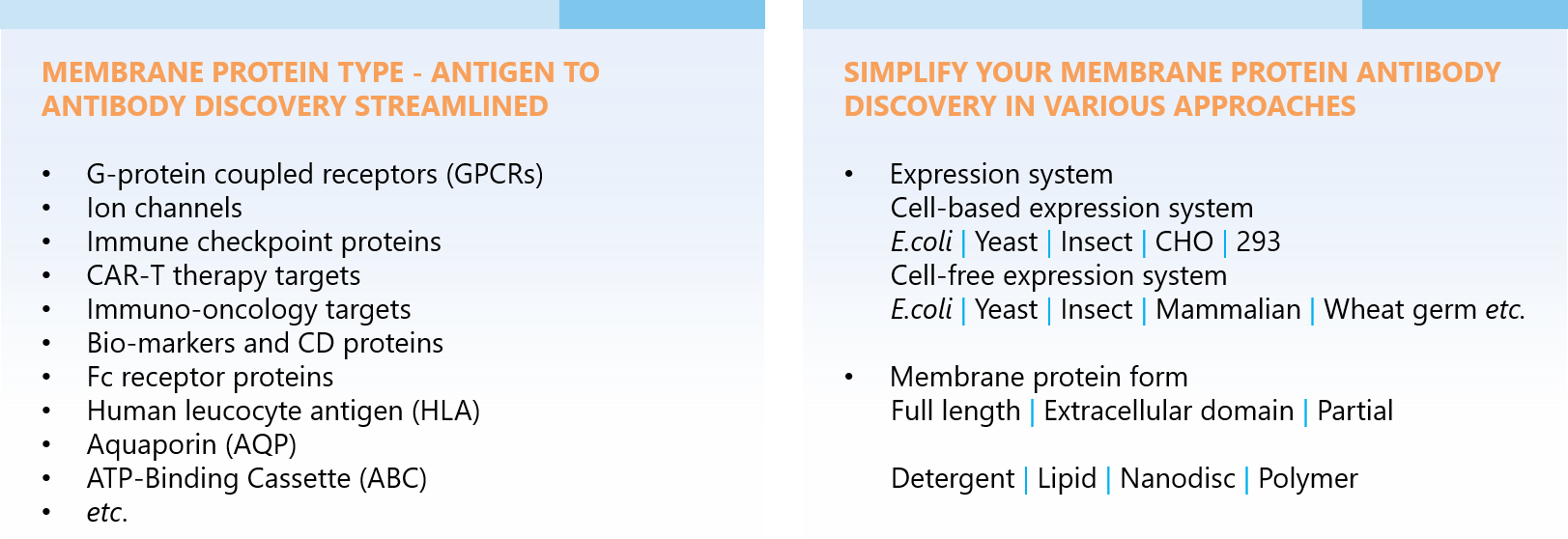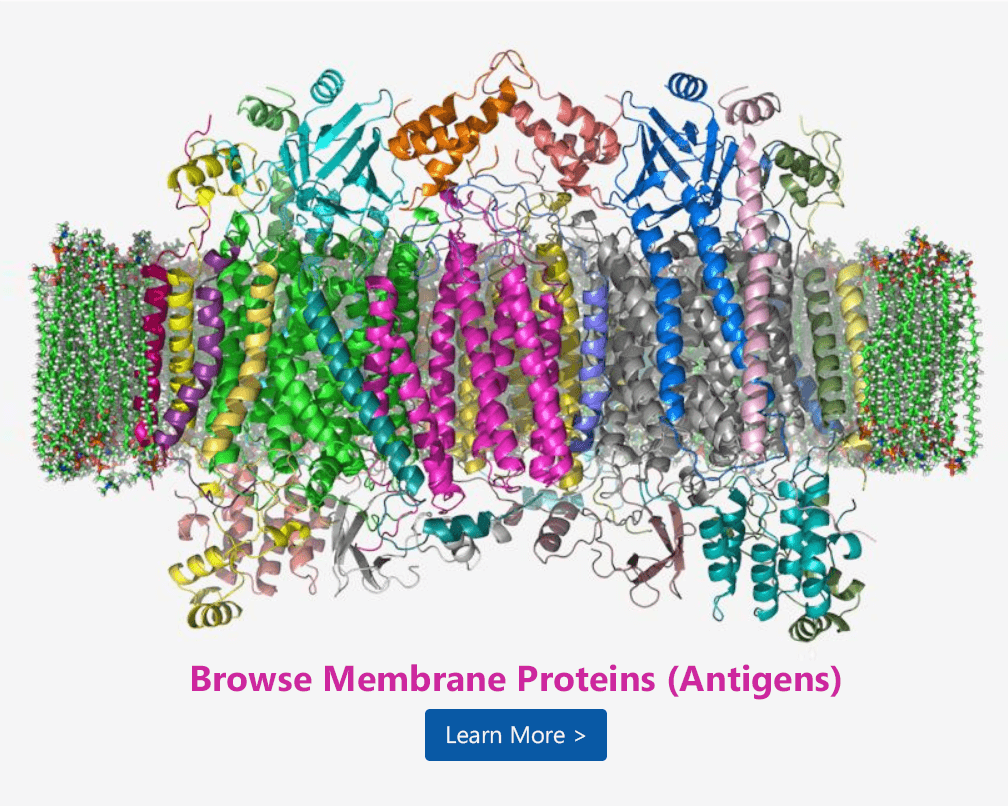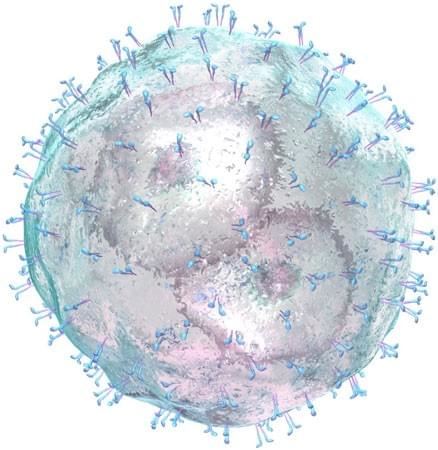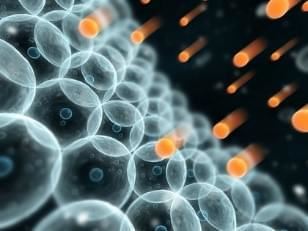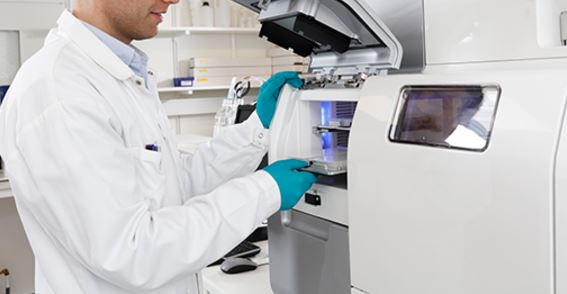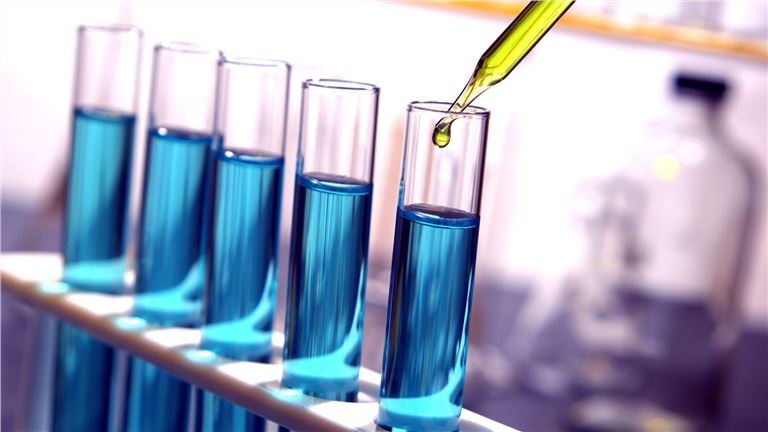As a pioneer and the undisrupted global leader in antibody discovery and engineering, Creative Biolabs proudly introduces our professional service of anti-membrane protein antibody discovery with our diverse technologies.
Membrane proteins, which consist of 20~30% of total encoding genes in the genome, play a critical role in multiple biological processes, including ligand-receptor binding, signal transduction, molecule transportation, intercellular recognition, and cell adhesion. Currently, there rises growing interest regarding membrane proteins as promising targets for various drug development and other applications.
To obtain highly functional anti-membrane protein antibodies, expression and presentation of the membrane protein of interest as immunogen is the prerequisite. As most membrane proteins are partially or completely embedded in the lipid bilayer, traditional expression methods meet obstacles in presenting the native conformations, such as low expression level, difficult extraction, misfolding, and incomplete post-translational modifications. With a full understanding of the critical requirements in this field, Creative Biolabs has developed a novel Magic™ platform, which enables high-efficient expression of membrane proteins and following antibody development routes based on our multiple impeccable technologies.

For membrane protein preparation as immunogen, including GPCR immunogens, ion channel immunogens, and transporter immunogens, Magic™ platform provides the following strategies:
Cell-based Membrane Protein Expression
Creative Biolabs has developed a cell-based membrane protein expression system, which can yield membrane proteins of interest from a recombinant plasmid in living cell system. This platform is highly flexible for multiple options of host organisms, including:
- Membrane Protein Expression in E. coli
- Membrane Protein Expression in Yeast Cells
- Membrane Protein Expression in Baculovirus-Insect Cells
- Membrane Protein Expression in Mammalian Cells
- Membrane Protein Expression in Photosynthetic Bacteria
Cell-free Membrane Protein Expression
Instead of using integral cell systems, a cell-free platform which is derived from modified cellular extracts, exert unique beneficial feature for expressing many challenging or “difficult” target, especially multipass membrane proteins or toxic proteins. This highly robust, efficient and controllable system can also be directly incorporated with lipids or nanodiscs, avoiding the use of solubilizing detergent. Creative Biolabs now provides versatile cell-free expression service using multiple well-established systems:
- Cell-free Protein Expression in E. coli Lysate
- Cell-free Protein Expression in Wheat Germ
- Cell-free Protein Expression in CHO Cell Lysate
- Cell-free Protein Expression in Rabbit Reticulocyte Lysate
- Cell-free Protein Expression in Insect Cell Lysate
- Cell-free Protein Expression in HEK Cell Lysate
- Cell-free Protein Expression in PURE System
Anti-Membrane Protein Antibody Production Using Lipoparticles
We can genetically integrate the indicated membrane protein (especially viral coat proteins) on virus-like particles (VLP), a kind of self-assembling but non-infectious virus. Amplifying retroviral (HIV-1 or MLV) gag protein in 293 or CHO-based EBEE™ technique, our patent technique is able to introduce adequate post-translational modification pattern in the expressed membrane protein.
Membrane Proteins Reconstituted in Micelles
Detergent-solubilization is a routine procedure for membrane protein isolation. Selection of appropriate detergent is very critical as misuse of detergent might compromise protein structure, resulting in denatured products. Based on our specific reagents together with other commercially available detergents, we can perform up to 20 conditions to screen for the optimal solubilization outcome. As an alternative, we also offer detergent-free plan using our cell-free platform in case detergent use may cause inevitable problems.
Anti-Membrane Protein Antibody Production Using Proteoliposomes
Proteoliposomes are one of the most frequently used formats for stabilizing membrane proteins, which can be used for immunization, assays and many other applications. We have several different lipid compositions available (natural or artificial) for membrane protein reconstitution. With our special protocol and extensive experience, various multipass membrane proteins have been successfully integrated into highly-purified and ready-to-use liposomes.
Anti-Membrane Protein Antibody Production Using Nanodiscs
Nanodisc, a synthetic model that maintained by lipids and amphipathic membrane scaffold proteins (MSPs), represents a near-native phospholipid bilayer environment. This technology is quite advantageous over conventional liposomes due to its more compact lipid composition and higher stability. Nanodisc system is especially suitable for GPCR stabilization.
Anti-Membrane Protein Antibody Production Using Polymers
Creative Biolabs also offers polymer reconstitution service of membrane proteins, using amphipols and poly (styrene-co-maleic acid) lipid particles (SMALPs). Polymer technique can solubilize hydrophobic membrane proteins without detergent, meanwhile maximally preserve native confirmation and bioactivity.
Anti-Membrane Protein Antibody Production by Whole Cell Antigen Presentation
Creative Biolabs is professional in constructing membrane protein overexpressing stable cell lines. Currently, we have over 200 GPCR/ion channel stable cell lines (CHO/HEK background) with high expression levels up to 5 million per cell. We can employ these ready-to-use cell lines for membrane protein isolation or direct whole-cell immunization, bypassing time- and cost-consuming heterogeneous production.
Anti-Membrane Protein Antibody Production Using Designed Peptides
Well-designed peptide antigens derived from extracellular an intracellular loops of target proteins can raise functional antibodies that recognize the native conformation of many multi-pass integral membrane protein antigens with higher specificity, accessibility, and lower toxicity. This can be a much easier plan if the antigen domain is fully characterized.
Chimeric Soluble Proteins
Our MPAT™ Multi-spanner Antibody Technology is able to overcome the difficulty of multi-spanner membrane protein expression by replacing the transmembrane domains with a soluble peptide, thereby presenting the antigen as a chimeric soluble protein.
Anti-Membrane Antibody Production by DNA Immunization
Creative Biolabs also provides DNA immunization to discover novel anti-membrane protein antibodies. With preliminary well-characterized protein sequences, this strategy can avoid antigen preparation process and maximize the likelihood of generating and maintaining the native protein structure. It has been proved exceptionally effective in mounting strong antibody response for the challenging targets.

For anti-membrane protein antibody discovery, the Magic™ platform has developed various methods from which you can select the best fit for your specific project:
With extensive expertise and unparalleled technologies, we have gained remarkable success in developing hundreds of impeccable antibodies against diverse membrane proteins such as:
- Anti-GPCR Antibody
- Anti-Ion Channel Antibody
- Anti-Transporter Antibody
Anti-Membrane Protein Antibody Discovery by Phage Display Technology
With our unparalleled phage display immune library construction and screening platform, Creative Biolabs is professional in tailoring high specific, high-affinity antibodies targeting various membrane proteins. We provide plenty of host species choices, including rat, mouse, rabbit, guinea pig, llama, camel, sheep, horse, etc.
Anti-Membrane Protein Antibody Discovery Using Hybridoma
Hybridoma has been a long-term classic approach for monoclonal antibody production. With our proprietary techniques, we can raise hybridomas from mice, rats, hamsters, guinea pigs, etc. Of note, we utilize a special adjuvant that guarantees strong profound immune responses, which is the key for ideal antibody generation.
Anti-Membrane Protein Antibody Discovery Using Humanized Transgenic Mice
Creative Biolabs has introduced multiple best-in-class transgenic mice for generation of fully human antibodies. These genetically modified mice are capable of raising highly specific, high-affinity human antibodies after immunization, thus eliminating tedious humanization and affinity maturation process. Different genetic background and special engineering procedures can be used to ensure adequate immune responses.
Anti-Membrane Protein Antibody Discovery via Native™ Platform
Based on antigen-specific B lymphocytes cytometry technology, our Native™ Antibody Discovery Platform can screen for single antigen-specific plasma cells to retrieve native antibodies with extremely superior in vivo properties. Antibody binders directly isolated from plasma cells not only ensures native-paired VH-VL but also benefit from in vivo selection and affinity maturation.
Anti-Membrane Protein Antibody Discovery through Premade Antibody Libraries
Notably, Creative Biolabs carries multiple first-class premade human antibody libraries with overwhelming capacity and diversity that can derive high-quality binders against many targets. Customers can rely on our extraordinary library resources and extensive expertise in library biopanning. The premade antibody libraries available in Creative Biolabs including:

- Premade Human and Mouse Antibody Libraries
- Premade Phage Display Peptide Libraries
- Premade Single Domain Antibody Library
- Immunized Human Antibody Libraries
Equipped with world-leading technology platforms and professional scientific staff, Creative Biolabs is always dedicated to assisting our clients with the most satisfactory membrane protein antibody related services. If you are interested in discovering novel membrane protein antibodies, please feel free to contact us for more details.
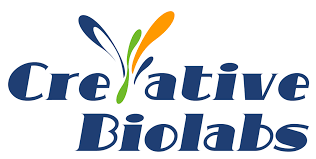
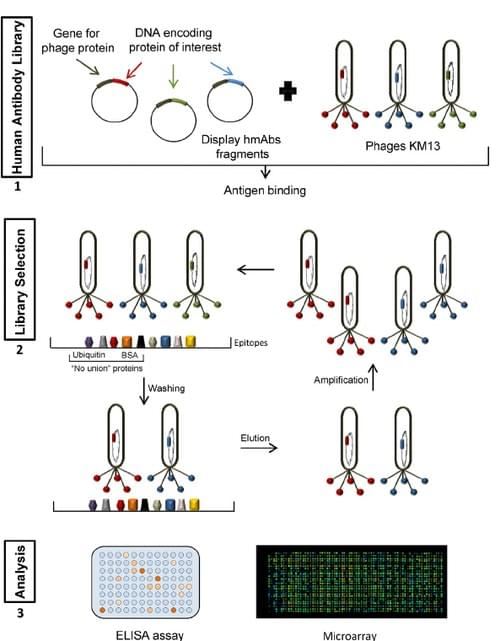
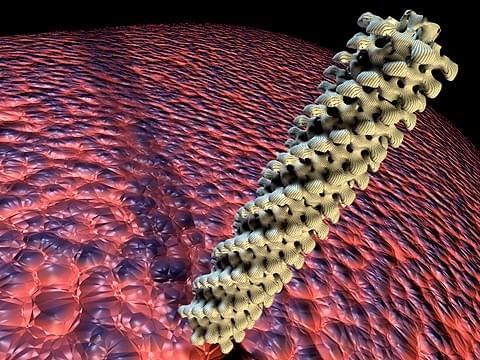
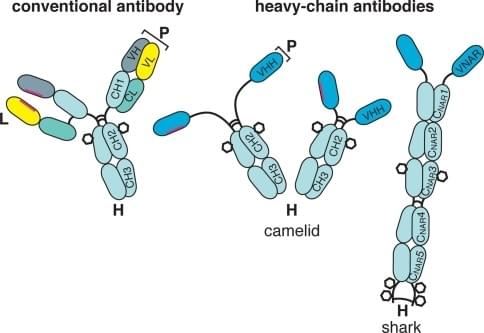
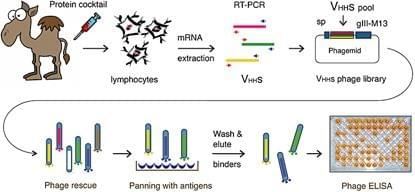
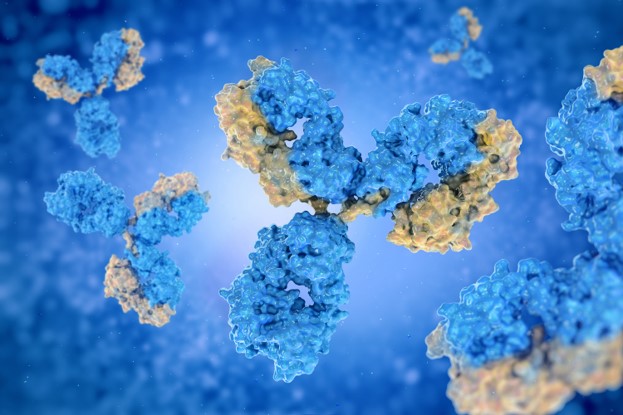
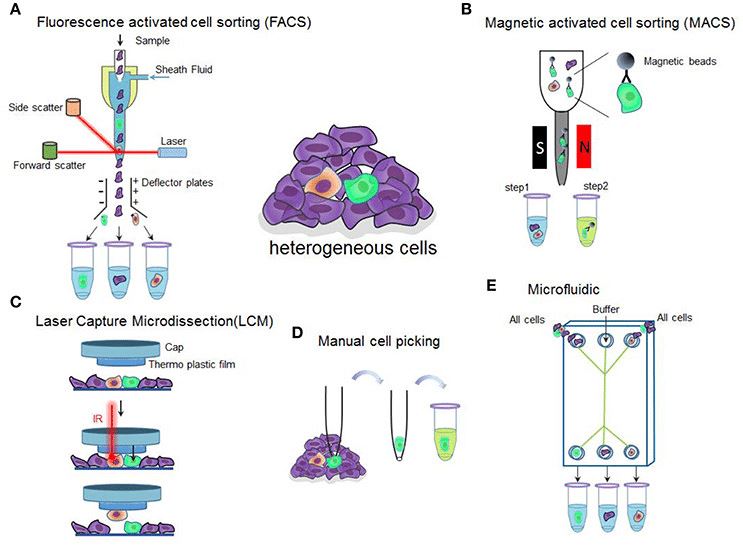
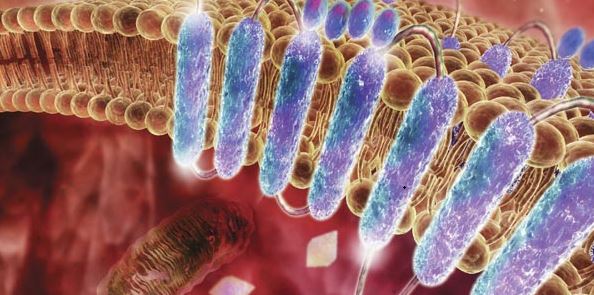
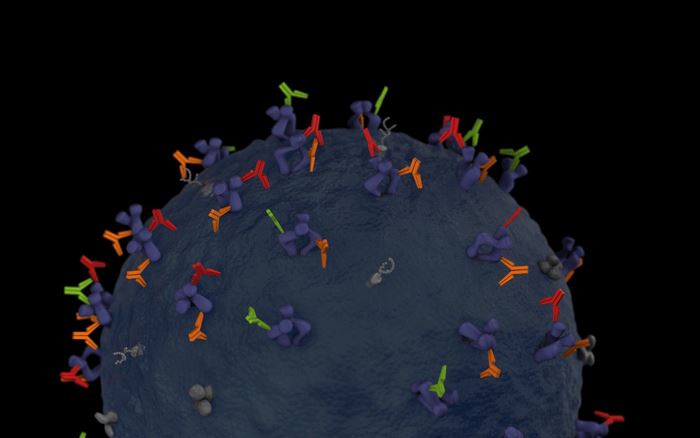
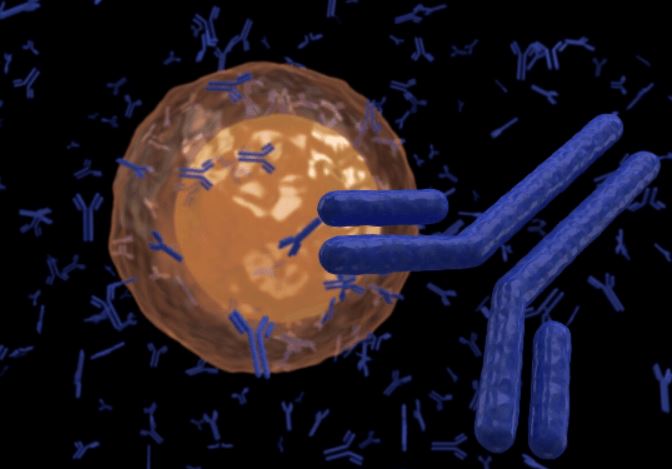
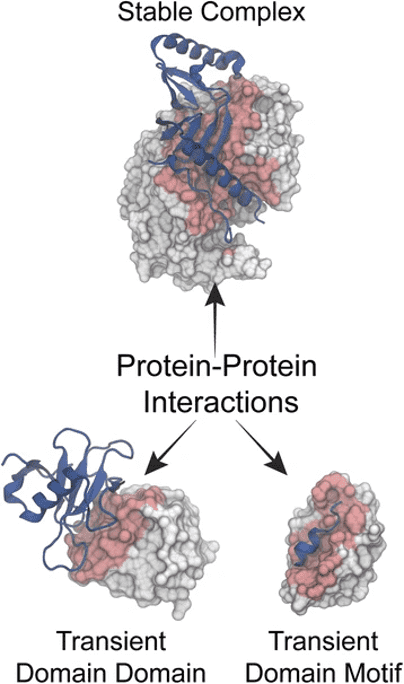
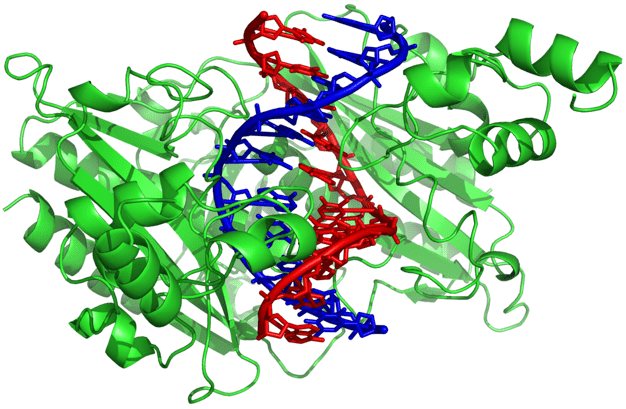
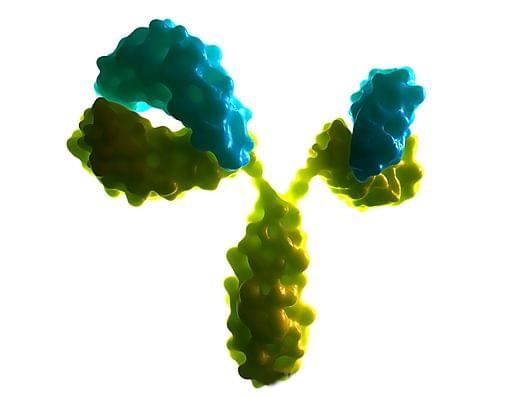
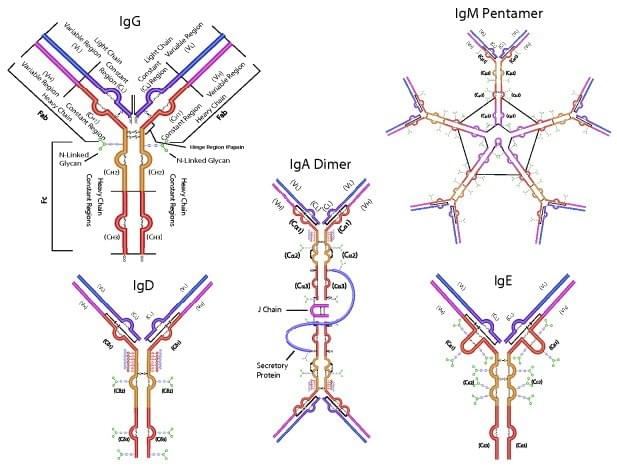
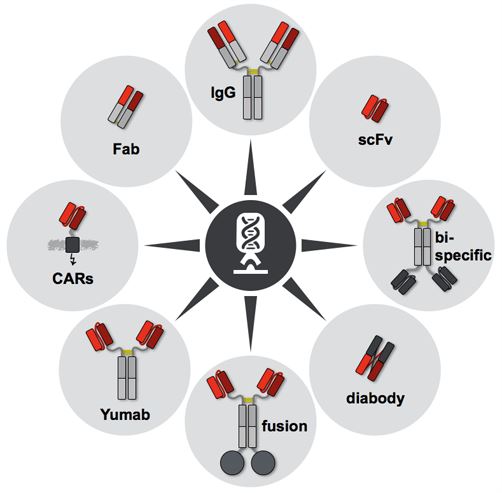
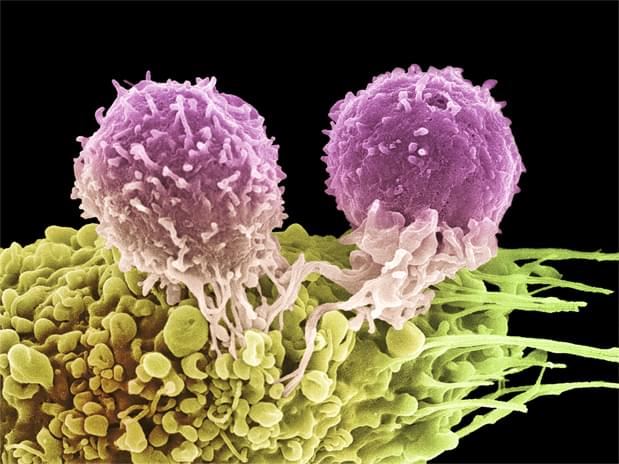
 Fig.1 Immunologic Analysis Services.
Fig.1 Immunologic Analysis Services. Fig.1 Manufacturability Assessment and Optimization Platform.
Fig.1 Manufacturability Assessment and Optimization Platform.